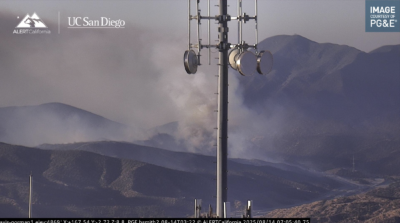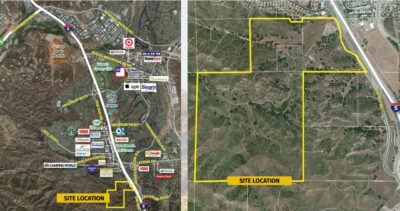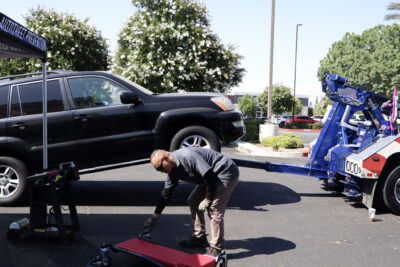Leaders of two employee groups at College of the Canyons spoke Wednesday on the college’s response to the climate survey that was conducted last year, as college officials were set to update the governing board on its status.
Andrea Varney, president of the local chapter of the California School Employees Association, which represents classified employees, said she’s “never seen more transparency on this campus than in the last 10 months.”
But while Michael Monsour, president of the Classified Senate, agreed that there have been employees on campus who would agree that certain areas have been addressed, he cautioned that there is still more work to be done.
Last year’s survey revealed that 19% of the 563 COC employees who took the climate survey reported they were either not sure they felt welcomed, or would not agree that they were welcome, among other campuswide issues.
“If we truly want to celebrate the people who make up this district — the employees in particular, not just classified, everybody who makes it really an extraordinary place — we must elevate their voices, protect their courage, and remove the barriers that can stifle their growth,” Monsour said. “Because I think that appreciation, without that form of empowerment, is a performance, and I’m done with performances at this district.”
The survey, conducted by The RP Group, also included concerns over: safety, especially at night; a trend of psychological harm; diversity, equity, inclusion and accessibility being offered, along with other inclusion efforts, but employees not having the time or work-life balance to participate; retaliation if they spoke up; and student well-being prioritized over employee well-being.
David Andrus, interim president of the college, said that survey and the changes being made as a result are being used as part of the governing board’s self-evaluation. He and governing board President Sharlene Johnson met with the steering committee for the climate survey on Tuesday to discuss how that survey can be used as a tool.
Andrus said it is part of Administrative Policy 2745 that it is required that the board “seek information on its performance from district employees who have attended board meetings.”
“And so that means there has to be a secondary instrument,” Andrus said. “The instrument, it’s not a campus-wide instrument, it’s an instrument for those that have more regularly seen the board work.”
That follow-up survey, and the board’s self-evaluation, is set to be created by the Association of Community College Trustees for what Andrus described as “a nominal fee.”
The RP Group identified seven areas of improvement, and the follow-up survey is set to identify which of those should be prioritized, Andrus said.
Moving forward, the board is seeking to “institutionalize” the climate survey through a board policy, though how often one is conducted remains to be determined.
Board member Darlene Trevino said a concrete time frame on how often a survey is to be conducted would be appreciated, “otherwise it becomes very subjective.” Andrus said doing it every year likely wouldn’t make sense, making the analogy to how most courses are not assessed annually.
Instead, Andrus would like to see further action taken to address concerns that have already been laid out.
“That was, I think, what Michael Monsour was talking about in our meeting yesterday, which is that people are wanting to see action right now,” Andrus said. “They’ve been heard quite a bit. And so that’s why, I think, that’s the next part, and then you see where you’re at and where you’re falling short versus making your improvement.”
Fred Arnold, who recently came onto the board along with Trevino and Johnson, said the process needs to be part of the college’s culture, rather than something that is decided subjectively.
“We have to have a baseline,” Arnold said, adding the college should “have a board policy so it’s not on the president to decide, it’s not on the union to decide, it’s not on the staff to decide. It’s a board policy that, ‘this is the culture we want,’ which is to seek feedback from others, no matter who’s in leadership at any level within the college.”
Andrus agreed, saying that would be well-received by the campus community and would make it so that a climate survey, so long viewed as something to be frowned upon, would be something that is embraced.








